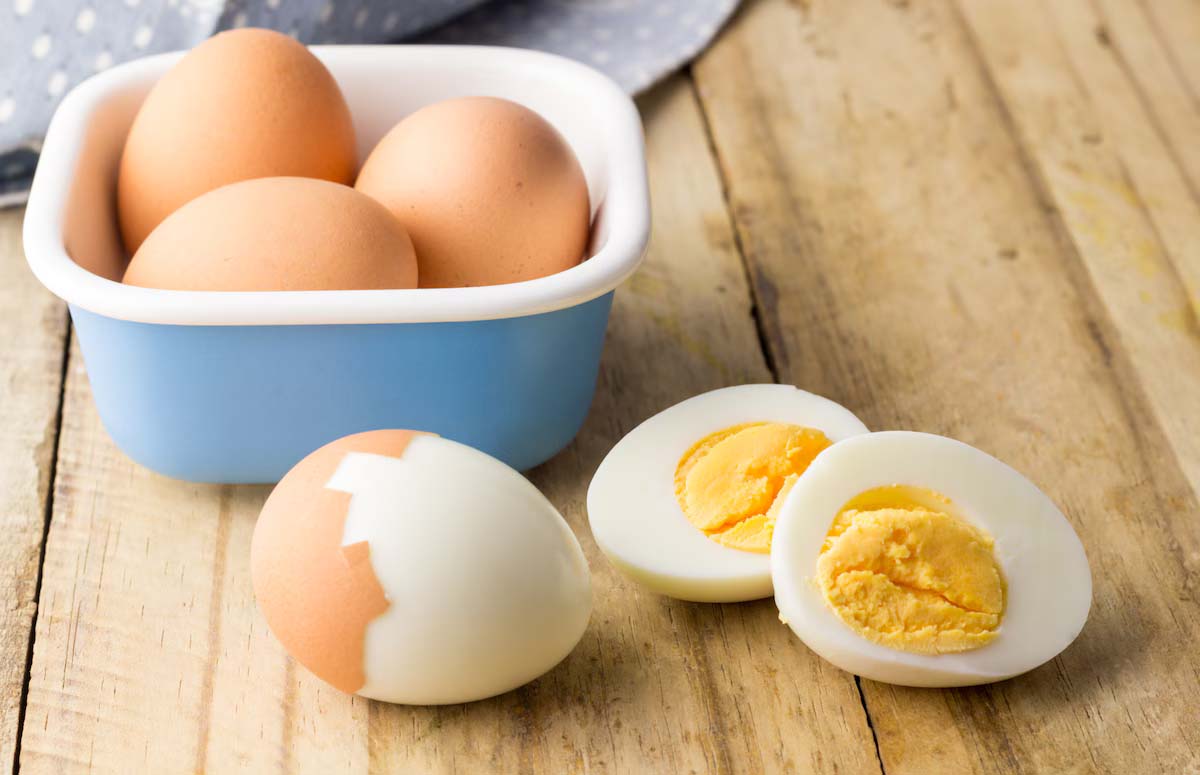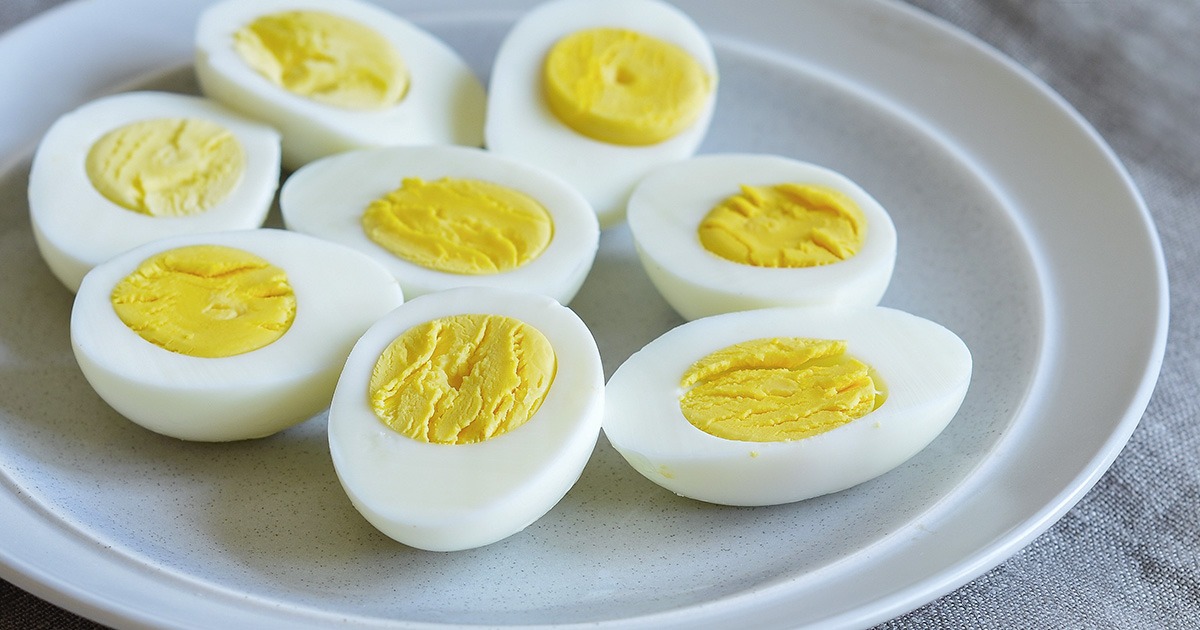Often underestimated in our diets, hard-boiled eggs boast exceptional nutritional qualities. Discover how to fully benefit from their advantages and how often to consume them for optimal health.
Hard-boiled eggs: a nutritional treasure at your fingertips

Practical in salads, easy to slip into a bag, or perfect for satisfying a small hunger, the hard-boiled egg has it all: simplicity and preserved nutritional qualities. Cooked in water without added fat, it retains most of its nutrients while remaining light: approximately 80 kcal per egg.
Its superpower? Its complete protein content, including all the essential amino acids. This gives it a remarkable satiating effect, ideal for avoiding snacking, balancing blood sugar, and preserving muscle mass. A perfect ally after exercise or for a delicious and healthy break.
Eggs and cholesterol: let’s take stock
A question that often comes up is: are hard-boiled eggs bad for cholesterol? With nearly 200 mg of cholesterol, mainly in the yolk, some doubts remain. But the good news is that recent studies are rather reassuring.
For most healthy adults, eating one or two hard-boiled eggs a day does not affect LDL (bad) cholesterol levels. Some research even shows an increase in HDL, the protective “good” cholesterol. Therefore, as part of a varied diet, hard-boiled eggs do not pose any particular risk.
